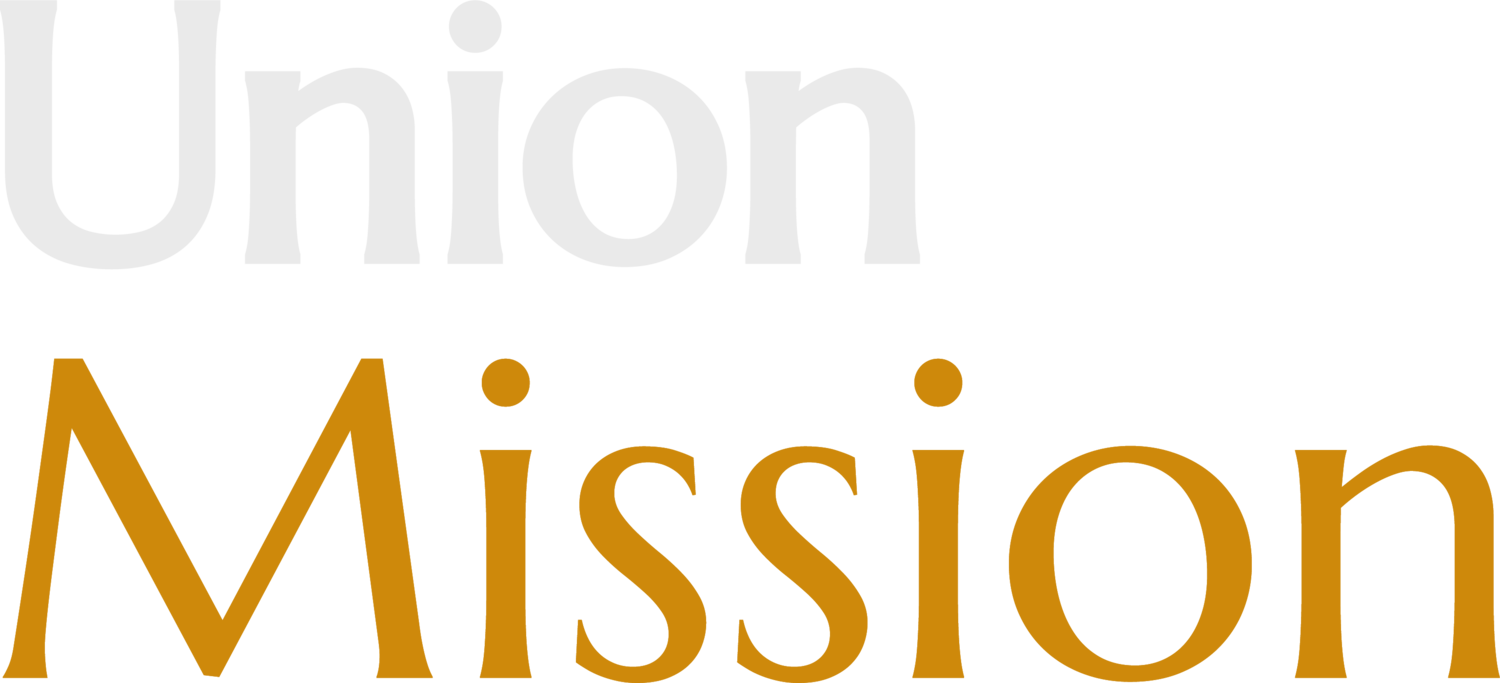Religious, but not knowing Christ: an update from Serbia
Emanuel Ralevic, pastor and Dean of the Balkan Theological Seminary in Nis, supported by Union Mission, gives us some insights into the challenge of building the church in Serbia.
In Serbia, especially the South of the country, it is extremely difficult to share the gospel.
Anything that is not Eastern Orthodox is considered a sect or a cult. People have a strong religious and cultural identity as Eastern Orthodox Christian (around 90% of the population), but without hearing the gospel or knowing Christ.
The Serbian context today is challenging for Evangelical churches and ministries. Under new laws, they are classified as ‘small religious communities’ without the rights of more established groups like Orthodox churches, or Jewish communities, for example. This means they cannot build church buildings, schools, etc. with government funds.
Nevertheless, things are changing. Evangelicals are not being persecuted or arrested, but the legal situation makes it very hard for them to function without funds from elsewhere. Church members themselves are very poor and cannot support their churches and pastors.
Evangelicals are not being persecuted or arrested, but the legal situation makes it very hard for them to function without funds from elsewhere.
“We are doing our best to change the situation and reach our nation for Christ, especially in Central and South Serbia where there is deep resistance to Evangelical churches,” explains Emanuel.
If you delve into your history books, you will discover that Serbia has a rich Christian heritage dating back to the 9th century. Later some Serbs, particularly in Bosnia, converted to Islam under the 500-year rule of the Ottoman Empire. To the north, in the region of the former Yugoslavia, the impact of the protestant Reformation was felt. South of Belgrade (including the city of Nis where Emanuel lives), however, the Reformation never happened. That’s why Evangelical and Protestant churches are so rare in this area.
The legacy of the first and second world wars also left a deep suspicion of things connected with Germanic influence. During the post-war period, and until around 1960, there was scant motivation or interest to spread the gospel to central or South Serbia. There was no vision, and no Serbian converts to serve the Lord there.
The story of how God moved the hearts of his people to begin planting churches in South Serbia is a deeply personal one for Emanuel, as he tells us. In the late 1960s, God raised up Simo Ralevic (Emanuel’s uncle) as a pioneer church planter in Kosovo, and later in South Serbia. He was converted as a young man in a refugee camp trying to flee from Serbia to Italy. Instead, God sent him to start a Baptist church in Kosovo. He had a profound influence on Albania and Serbia. He was joined by his brother, Cedo (Emanuel’s father) and a cousin who strengthened the mission work in South Serbia. Through church planting, preaching and literature distribution many came to know Christ. Today, in Nis, South Serbia there are 5 evangelical churches. The Baptist Union alone has 17 churches.
For almost 10 years now, the city of Nis has also been home to the Balkan Theologica Seminary (BTS), where Emanuel serves as a pastor and Dean of the seminary. The vision was to establish a seminary that would be mission-oriented, reformed theologically, and practical in its ministry preparation. The aim is to equip Serbian students who are called by God to be missionaries and serve their sending churches, mainly within Serbia but reaching out into other Balkan countries too. To date, 30 students have graduated.
Today, there is a great awakening among the Roma (gypsy) population. They need to be educated and equipped for ministry too, so the seminary has branched out to meet the need. The new ministry, ‘BTS on Mission’ is also led by Emanuel with the goal of starting more new churches.
Since the most recent Balkan wars, humanitarian and charity work has opened many doors for the gospel in Serbia. Today with the economic crisis and Ukrainian war, this is much more challenging. The needs are very great. The mission field is huge, but there are still only few working and serving as missionaries and pastors.
The mission field is huge, but there are still only few working and serving as missionaries and pastors.
Living in a country that is so religious, but does not know Christ is hard. “We struggle as a family but God is good and merciful, providing for daily needs. Churches struggle generally, but we know that God is on our side. We plan to continue proclaiming his word, planting churches and equipping students.”
Emanuel asks us to join him in prayer:
For the property we rent for the Seminary and Church to become ours. Since 2017 we have been fighting with the local government, which is trying to evict us and stop our work. Pray that God may help us raise sufficient funds to purchase the property.”
Pray for the Seminary work, its students as they take on pastoring and church planting work. Pray for the Masters programme we are launching in 2023.
Pray for our mission office “BTS on Mission” to be able to support new church planters.
Pray for us as a family to stay close to the Lord and faithful to our calling. Pray that the Lord may provide for our daily needs.
Pray for the revival and reformation of Serbian people.
Give now to provide for the work of church planting in places like Serbia where the needs are so great:

